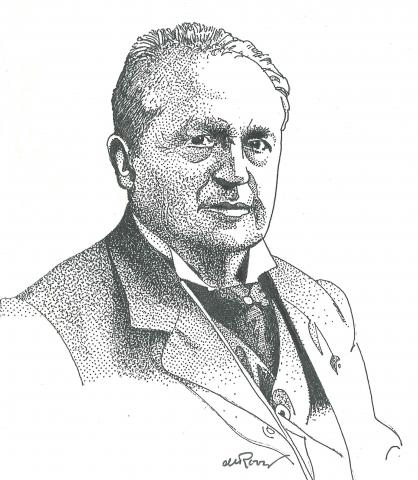A revised and updated version of
Abraham Kuyper: An Annotated Bibliography 1857-2010 by Tjitze Kuipers (2011)
You can buy a printed edition of this book on the site of the publisher.
1887
An address delivered during a prayer meeting in Middelburg on June 15, 1887, held on the day prior to the seventh annual meeting of the Association for Higher Education on Reformed Principles.
Kuyper found inspiration for this address in Hebrews 11:7–16. “By faith” we are children both of an earthly fatherland and of a heavenly fatherland. Both have been given by God, but since Adam’s fall these two fatherlands have often collided and come into conflict. The Vrije Universiteit owes its existence to this collision. The conflict between the two fatherlands is extensively analyzed. Kuyper also assesses possible reactions to the conflict. He notes that some choose for the earthly fatherland to the point of secularization, subordinating church to state by upholding a national church and public schooling. Others (e.g., the Anabaptists) seek to avoid the world so as to reside purely in the higher fatherland. Kuyper holds that the proper course of action in this conflict should be determined by Calvinist, Reformed—or better yet, prophetic—isolation. Charitable institutions, dolerende churches, the Anti-Revolutionary Party, the Christian press, the “school with the Bible” movement, and the Vrije Universiteit all had been inspired by the heavenly fatherland to serve as a blessing to the earthly fatherland.
The Eighth Annual Report of the Association for Higher Education on Reformed Principles (Amsterdam, 1888) mentions that the address lasted for three hours and sustained the attention of the audience despite the nearly tropical heat. The address was published on the day it was delivered.


